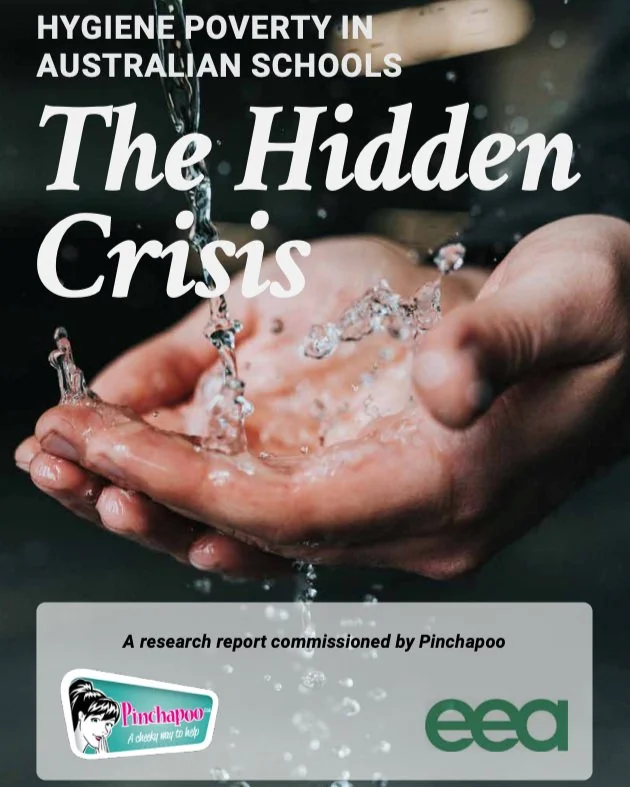
Resource Library

The first step to addressing this problem is to generate awareness around the problem.
Did you know that 2 in 5 families in America experience hygiene poverty?
Hygiene poverty is a significant issue in America, affecting millions of people who cannot afford basic hygiene items such as soap, shampoo, toilet paper, and feminine products. According to a research project commissioned by Feeding America, 33% of low-income families report bathing without soap when they can't afford body wash. Additionally, 74% of low-income families who can't afford household necessities skip doing laundry or dishes to save on supplies.
Hygiene poverty is often an invisible crisis, with many people struggling to afford essential items without seeking help or discussing their situation publicly. The Hidden Costs of Hygiene Poverty report by Good360 highlights that hygiene poverty affects millions of people in ways that are sometimes embarrassing to mention.
Hygiene poverty is a critical issue that requires attention and action to address the root causes of poverty and ensure that everyone has access to basic hygiene items. By understanding the scope and impact of hygiene poverty, we can work towards creating a more equitable society where everyone has the opportunity to thrive.
Key Statistics
33%
of low-income families report bathing without soap when they can't afford body wash
74%
of low-income families who can't afford household necessities skip doing laundry or dishes to save on supplies.
37.9
million people (11.5% of the population) live in poverty in the United States.
Video
We are building a video content library to share the stories around the issue
Blogs/Articles/Research
Sources
https://odphp.health.gov/healthypeople/priority-areas/social-determinants-health/literature-sum maries/poverty
https://provisionpromise.org/blogs/promise/hygiene-poverty-statistics-to-know
https://www.debt.org/faqs/americans-in-debt/poverty-united-states/
https://www.feedingamerica.org/hunger-in-america/poverty
https://www.census.gov/library/publications/2024/demo/p60-283.html




